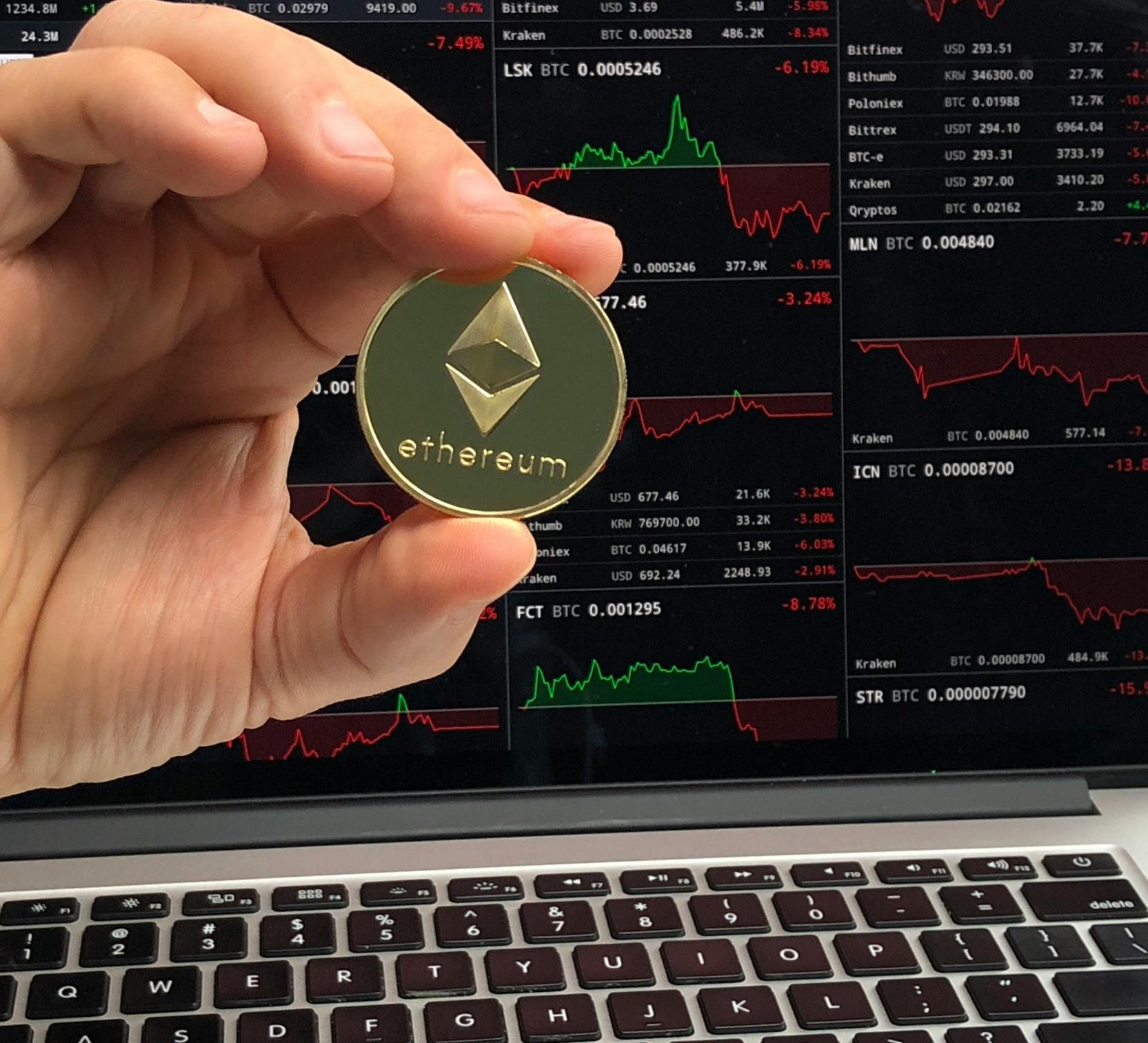When it comes to cryptocurrency, the conversation always seems to come down to two heavy hitters: Bitcoin and Ethereum. They’re like the Batman and Superman of the crypto world – both powerful in their own ways, but each with a different mission. Whether you’re a curious beginner or a seasoned investor, understanding the differences between these two can help you make smarter decisions. So, buckle up for a head-to-head comparison!
Round 1: Origins and Purpose
Let’s start with their backstories.
- Bitcoin (BTC): The OG of cryptocurrency, Bitcoin was created by the mysterious Satoshi Nakamoto in 2009. Its mission? To be a decentralized digital currency—no middleman like banks to control your money.
- Ethereum (ETH): Created by Vitalik Buterin in 2015, Ethereum is like the cool kid on the block. It’s not just a currency; it’s a platform that allows developers to build decentralized apps (dApps). Think of it as an app store without the Apple or Google.

Round 2: Technology and Speed
- Bitcoin’s Tech: Bitcoin uses a proof-of-work (PoW) system to confirm transactions. While this makes it super secure, it’s also slow – about 7 transactions per second (TPS). Imagine waiting for your pizza to arrive at that speed!
- Ethereum’s Edge: Ethereum also started with PoW, but it’s transitioning to proof-of-stake (PoS), which is faster and more eco-friendly. With Ethereum 2.0, its TPS has shot up, giving Bitcoin some serious competition.
Fun Fact: Ethereum’s PoS system uses validators instead of miners – think of them as referees making sure all transactions are fair!

Round 3: Market Value and Volatility
Bitcoin is often called “digital gold,” and for good reason. It’s more stable (in crypto terms), and investors see it as a store of value. Ethereum, on the other hand, is like a tech stock—exciting, but more unpredictable.
- Bitcoin’s Market Cap: As of now, Bitcoin remains the king with the highest market cap.
- Ethereum’s Growth: Ethereum has been growing faster, thanks to its flexibility and use cases in NFTs and DeFi (decentralized finance).

Round 4: Real-World Applications
- Bitcoin: Mostly used as a currency or store of value. Some businesses accept Bitcoin, and you can even buy a Tesla (at times!) using it.
- Ethereum: The Swiss Army knife of the crypto world. It powers everything from NFTs to smart contracts (think of these as self-executing agreements).
Want to jump into the NFT craze? That’s Ethereum’s playground.

Round 5: Risks and Rewards
Both Bitcoin and Ethereum come with risks—crypto is volatile, after all. Bitcoin might be more stable, but it’s not immune to price drops. Ethereum’s newer tech means potential bugs or delays. However, the potential rewards are huge if you time the market right.
Pro Tip: Always invest only what you’re willing to lose. And no, that doesn’t mean your lunch money.
So, Who Wins?
There’s no clear winner in this match. Bitcoin shines as a digital store of value, while Ethereum’s platform is revolutionizing industries. It all depends on your goals. Want stability? Go with Bitcoin. Looking for innovation? Ethereum’s your champ.
Final Thoughts
Crypto can be confusing, but it doesn’t have to be intimidating. Whether you’re team Bitcoin or Ethereum, the key is to stay informed and make decisions that suit your financial goals. And hey, why not diversify and own a little of both?
What’s your take? Are you team BTC or ETH? Let us know in the comments below!


